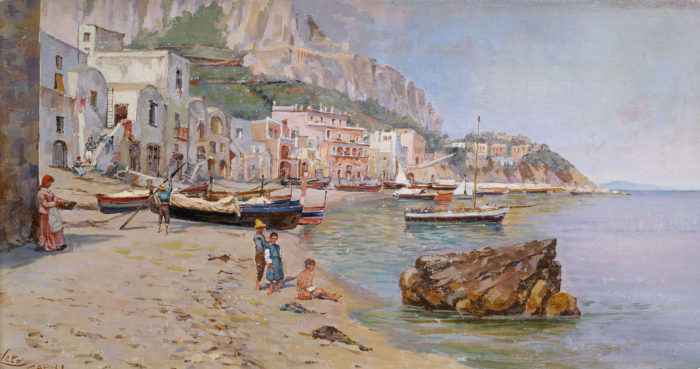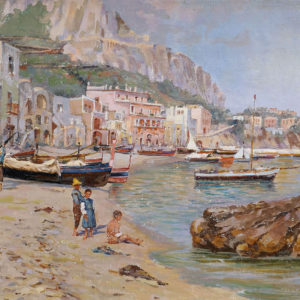
You guys, it’s not healthy to have a diet exclusively of grief, tumult, and strife. It’s worth remembering what the Byrds (and Ecclesiastes 3:1,7-8) tell us:
For everything there is a season, and a time for every matter under heaven: […]
a time to rend, and a time to sew;
a time to keep silence, and a time to speak;
a time to love, and a time to hate;
a time for war, and a time for peace.
There’s a place for righteous anger, and right now, it’s a target-rich environment for writing denunciatory articles against racism, anti-religious iconoclasm, bad Supreme Court decisions on transgenderism and abortion, you name it. There’s a seemingly endless litany of tales of injustices. And indeed, as Christians, we ought to enter into that pain and suffering and even that anger somewhat, since “if one member suffers, all suffer together” (1 Cor. 12:26). But that can’t be all that we subsist on, because it’s not a healthy diet by itself. And so St. Paul immediately adds that “if one member is honored, all rejoice together.”
Over at the Catholic Podcast, my longtime co-host Chloe Langr has moved on to greener pastures. But this time of loss has been paired with a time of gain. I think you’ll really enjoy my new co-host Jennie Punswick, and our first episode together is exploring something light (and hopefully, timely!): the theology of vacationing. Maybe you’ve never given vacation any serious thought from a Christian perspective, but:
- Is it good to take vacations?
- What’s the difference between a vacation and a trip?
- What are the human and spiritual goods to be found in vacationing?
It turns out that both Pope John Paul II and Pope Benedict XVI have spoken about this (which makes sense, since the August vacation is a big thing in Italy, a country that doesn’t have much air conditioning, and which gets hot in the summer). For instance, John Paul II said:
During this vacation period my thoughts turn especially to families. How often do they endure the hardships of the grinding pace of work, especially in big cities! How often it is hard for them to find a serene and relaxed atmosphere to enjoy intimacy, to talk to one another and to share plans. This is when holidays become above all a favourable time to fill these gaps, so to speak, with “humanity”, peace and festivity.
2. Hence the need for holidays is effectively a time of human renewal, in which, far from the rhythm of daily life, one can rediscover oneself and others in a more balanced and serene dimension.
In this perspective, it is certainly interesting to see that there is an ever greater number of single people and families who benefit from their vacation by spending a few days in so-called “places of the spirit”: monasteries, shrines, hermitages, retreat houses. Almost always these places combine the beauty of the natural scenery with an opportunity to draw spiritual riches from the encounter with God, in reflection and silence, prayer and contemplation.
It would be good if this beneficial tendency were not restricted to the holiday period alone but that satisfactory ways could be found for it to accompany daily activity at other times of year. The real challenge, in fact, lies in safeguarding our inner harmony, so that the pace of daily life will always have that supernatural dimension which each of us needs.
Six years later, Pope Benedict sounded a similar note:
In the world in which we live, the need to be physically and mentally replenished has become as it were essential, especially to those who dwell in cities where the often frenzied pace of life leaves little room for silence, reflection and relaxing contact with nature. Moreover, holidays are days on which we can give even more time to prayer, reading and meditation on the profound meaning of life in the peaceful context of our own family and loved ones. The vacation period affords unique opportunities for reflection as we face the stirring views of nature, a marvellous “book” within the reach of everyone, adults or children. In contact with nature, individuals rediscover their proper dimension, they recognize that they are creatures but at the same time unique, “capable of God” since they are inwardly open to the Infinite. Driven by the heartfelt need for meaning that urges them onwards, they perceive the mark of goodness and divine Providence in the world that surrounds them and open themselves almost spontaneously to praise and prayer.
If (for some reason) you want to hear Jennie and my thoughts on the matter, or if you just want to turn your attention to something lighter, you should check our episode out.
(And by the way, apologies in advance for how echoey Jennie sounds, I screwed up the sound check, and we couldn’t totally fix it afterwards).
